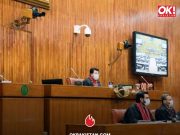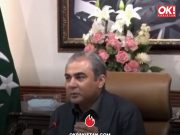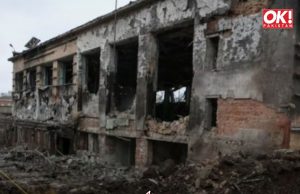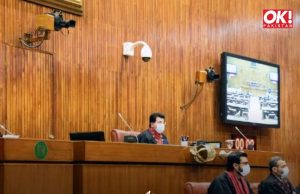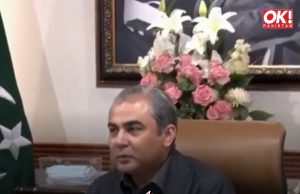ISLAMABAD:
The Election Commission of Pakistan (ECP) announced recommendations for interim settings on Tuesday to ensure that the next elections are held fairly and legally now that caretaker governments have taken over and the National Assembly and provincial assemblies have been dissolved.
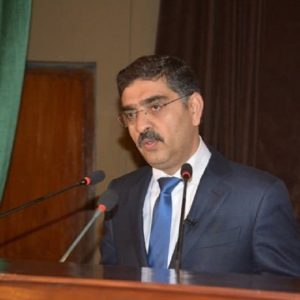
Caretaker governments have been given a set of recommendations by the ECP to help the electoral body carry out its constitutional mandate of organising and conducting elections fairly.
The instructions arrive as the country prepares for elections under a caretaker government with unprecedented powers. If the assembly finishes its term without problems, elections must be held within 60 days, as required by the constitution.
However, experts suggest that the early breakup makes it almost inevitable that the pivotal period would extend to a period of 90 days. In addition, the ECP must redo the delimitation process now that the digital census results have been approved.
A equal playing field for all candidates and political parties was also emphasised in the ECP’s Tuesday notification, which also mandated temporary setups at the Centre and in provinces to aid the ECP in holding transparent elections.
“mandated with the constitutional duty to organise and conduct elections in terms of Article 218(3) of the Constitution and to make such arrangements as are necessary to ensure that the elections are conducted honestly, justly, fairly, and in accordance with the law and that corrupt practises are guarded against,” it read.
The commission has urged transitional governments to follow the requirements of Elections Act, 2017 Section 230(1)(b).
The ECP further highlighted that all terms of Section 230 of the Elections Law, including notifications, directions, and provisions, must be followed. The duties of interim administrations prior to and during an election are discussed in this section.
When a proposed modification to the law’s Section 230 was introduced to give caretaker governments more authority, it provoked heated debate in parliament.
In addition, the ECP has instructed the caretaker governments not to post or transfer any public employee without first obtaining consent from the ECP.
Government agencies are not allowed to conduct recruitment efforts without first receiving permission from the ECP, with the exception of federal and provincial public service commissions.
Except for recruitments by the federal and provincial public service commissions and those government organisations where test/interviews have already been conducted before this day, the notification read, “… ensure that all kinds of recruitments in any ministry, division, department or institution under the federal, provincial and local government[s] are banned with immediate effect.”
Furthermore, until the conclusion of general elections, the caretaker administrations are not allowed to announce new development programmes or issue bids without the prior consent of the ECP.
Until election results are announced, local government institutions and cantonment boards will not be able to spend development funds on new initiatives, with the exception of critical schemes that can be referred to the ECP.
The ECP has asked the caretaker administrations to approve the dismissal of any institution heads who were appointed for political reasons.
Dissolved assemblies oblige former heads of government to evacuate official residences and handover government vehicles.
Warnings about interfering with voting results
Additionally, caretaker governments must carry out their duties legally and refrain from interfering with the elections in any way. With the ECP’s knowledge, they may take action or make decisions concerning ongoing projects and bilateral or multilateral agreements.
“The caretaker governments shall not attempt to influence the elections or do or cause to be done anything which may, in any manner, influence or adversely affect free and fair elections,” the notification said.
It went on to say that “the caretaker governments, being non-political entities can take actions or decisions regarding existing bilateral or multilateral agreements or the projects already initiated under the Public Private Partnership Authority Act, 2017; the Inter-Governmental Commercial Transactions Act, 2022; and the Privatisation Commission Ordinance, 2000;” provided that they notify the [election] commission beforehand.
Additionally, within three days of taking office, the caretaker prime minister, chief ministers, ministers, and other members of caretaker governments are expected to present a listing of assets and liabilities of their spouse and dependent children.




